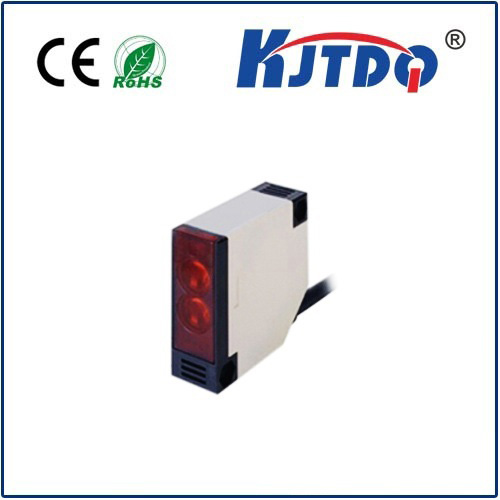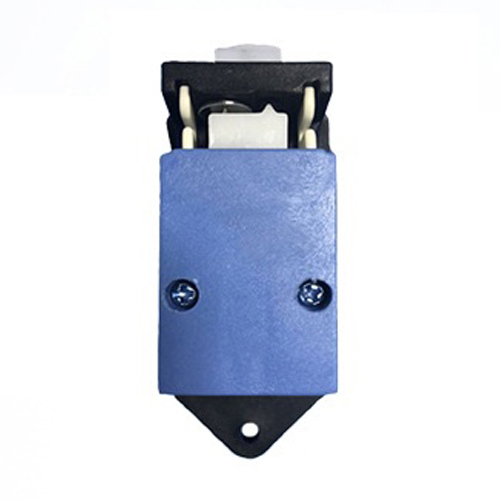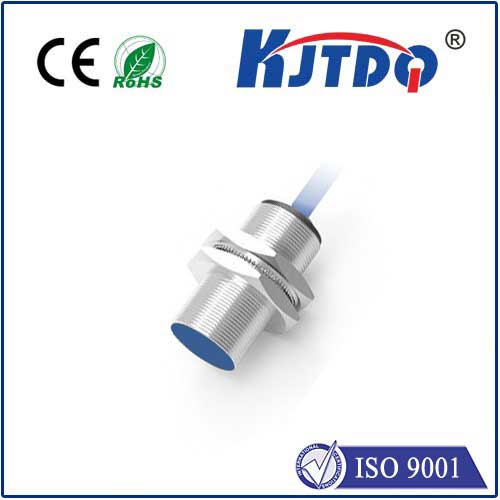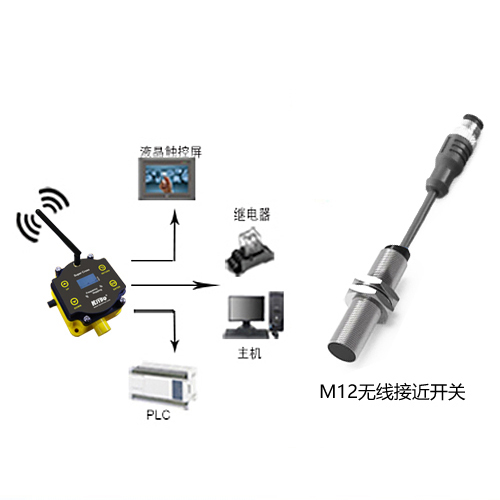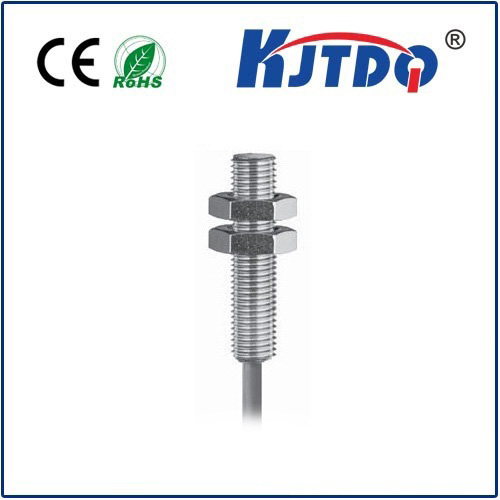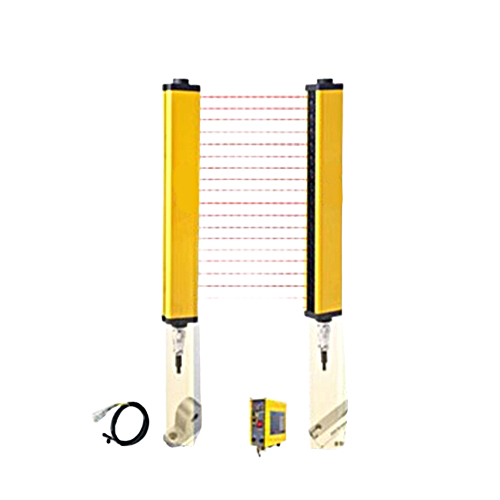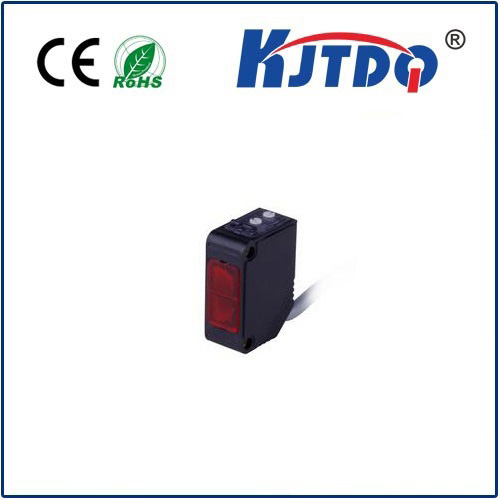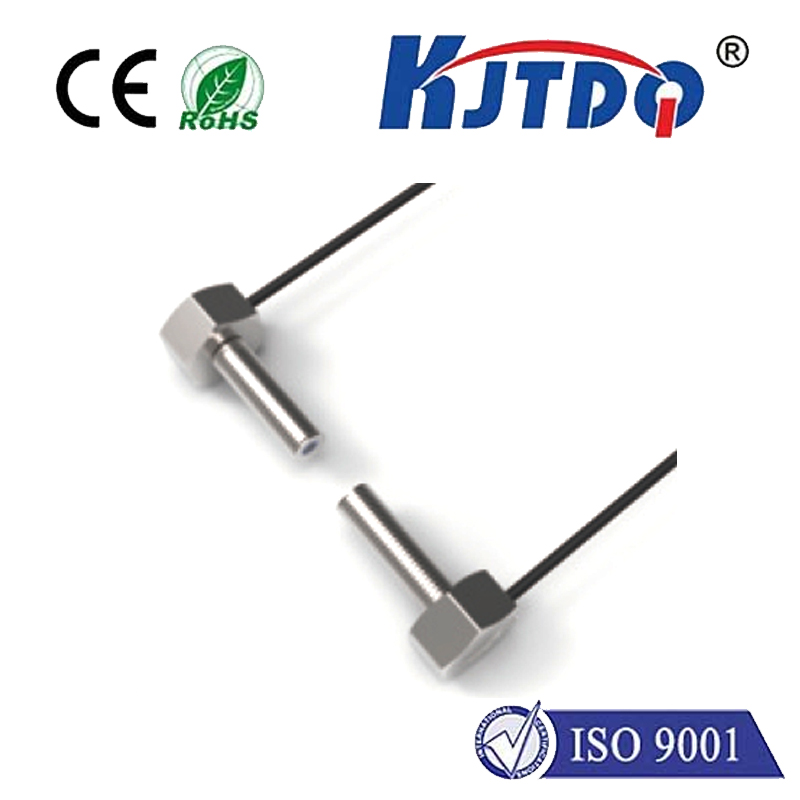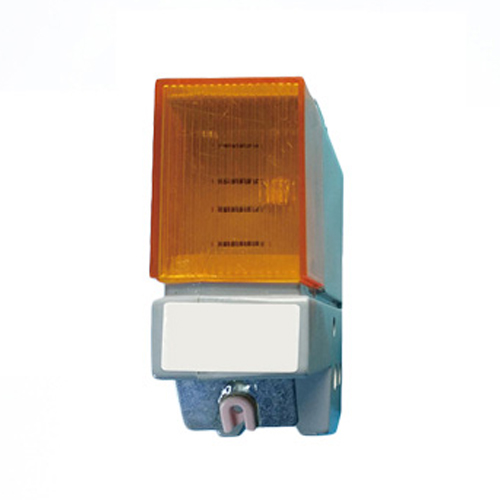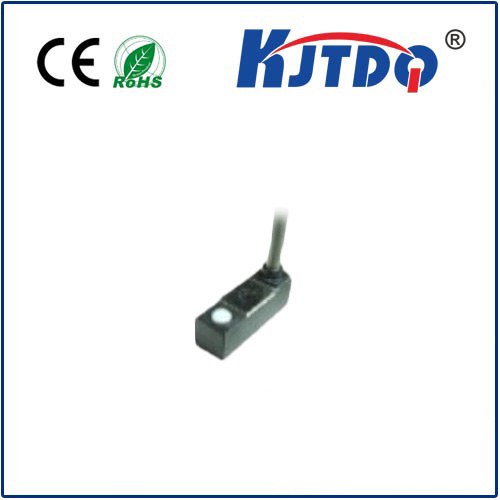
Проверка

Проверка

Проверка

Проверка

Проверка

Проверка
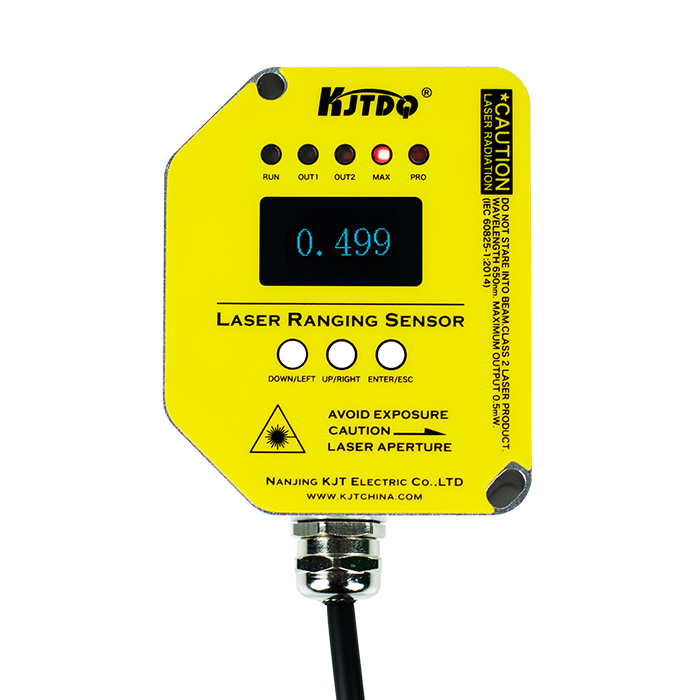
When choosing a suitable laser ranging sensor, you need to consider the following factors:
1. Measuring range and accuracy: Choose a suitable laser ranging sensor based on the distance range and accuracy requirements that actually need to be measured. If you need to measure a larger distance range, you can choose a sensor with a larger measurement range; if you need high-precision measurement, you need to choose a sensor with higher accuracy.
2. Data output form: Select the appropriate data output form according to actual needs. The digital output laser ranging sensor can transmit distance data through digital signals, which is suitable for long-distance transmission and complex communication environments; the analog output laser ranging sensor outputs distance data through analog current or voltage signals, which is suitable for real-time Application scenarios with high performance requirements; switching output laser ranging sensors are suitable for scenarios that require a preset distance value, and can output corresponding signals through relay switches.
3. Working environment: Consider the working environment of the laser ranging sensor, such as temperature, humidity, air pressure, electromagnetic interference, etc., and select a sensor that can work normally in the corresponding environment.
4. Size and portability: Consider the size and portability of the laser ranging sensor so that it is easy to install and carry without affecting the normal use of other equipment.
5. Brand and price: Choose a well-known brand of laser ranging sensor to ensure quality and after-sales service. At the same time, consider price factors and choose products with high cost performance.
To sum up, choosing a suitable laser ranging sensor needs to consider factors such as measurement range and accuracy, data output form, working environment, size and portability, brand and price. When purchasing, you need to make a selection based on actual needs to ensure the accuracy and reliability of the measurement results.
